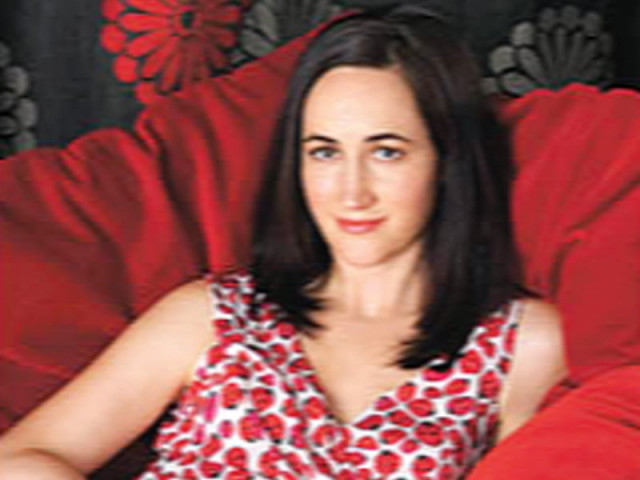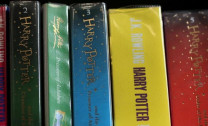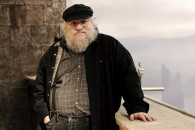Book review: The end of my affair with Sophie Kinsella
Even romance novels need plot and depth of character even if they are light reading.

We guiltily loved Madeleine Wickham aka Sophie Kinsella because of her best-selling six-book Shopaholic series. Since Helen Fielding’s Bridget Jones’ Diary in 1996, chick lit had no better champion. It was a well-lacquered critique of consumerism balanced expertly on the Louboutins worn by a single 30-something.
Thus we came to expect from Kinsella loveable, clumsy heroines. We followed them through their compulsions, confessions and credit card defaults. However, in Wedding Night Kinsella disappoints in the creation of the protagonist Lottie. After one reading, it saddens me to say that my closeted love affair with Kinsella may have come to a screeching halt.
This work is Kinsella’s first attempt at narrating the story from two different points-of-view — that of Lottie, and that of her older sister, Fliss. The difference between the voices of the women is jarring, their actions too different. Lottie is young, idealistic and longs for romance, whereas Fliss is a recently divorced mother of one, who cannot help being bitter about love.

The result of this severe dichotomy is that neither woman is easy to relate to, neither seems real.
Furthermore, the central plot of this novel doesn’t have enough meat to to support almost 400 pages: Lottie is devastated when the love of her life, Richard, does not propose when she expects him to. At this point, a summer fling from fifteen years ago makes a convenient return, proposes marriage, and she says ‘yes’. She instantly lets go of her long-standing visions of what a wedding should be, and jets off to Greece for her honeymoon.
The ensuing hundred-plus pages illustrate the tragicomic attempts of the newlyweds to consummate their marriage. Obstacles are put forth by Fliss, who wants the marriage to be annulled, the best man Lorcan, and, of course, Richard, who suddenly realises that he does want to marry Lottie, after all.
Don’t expect any twists and turns — the end, too, is rather predictable. Over all, this book loses out on many fronts. The one-dimensional characters and the insipid dialogue make for a slow read. Granted, there are awkward situations and funny moments, but moments of true hilarity are few and far between. I’d go shop for another author.
Our three picks of romantic novels in which friendship evolves into love
1. The Last Boyfriend by Nora Roberts

This is the second book in her Inn Boonsboro trilogy. Nora introduces you to the Montgomery brothers — Beckett, Ryder and Owen — who bring an intimate bed-and-breakfast to life in their hometown. Like the Wedding Night, this book is also about a friendship turning into a romance which is believable, authentic and deep-felt.
2. Runabout by Pamela Morsi

When Tulsa May is jilted by her fiancé at their engagement party her best friend Luther comes to her rescue. Soon enough, she realises that, as Luther says, “Friendship can turn to romance in the blink of an eye.” Set in an unusual historical era, early 20th Century Oklahoma right before WWI, Runabout is a friends-to-lovers book that will leave you spellbound.
3. A Place in This Life by Julie Rieman Duck

Natalie Miller is anything but experienced with boys. But when Todd comes into her life, all of that changes. A Place in This Life captures beautifully what it feels like to be a young girl on the verge of womanhood, wrestling with budding desires and falling in love with a friend who is struggling with leukaemia. It is the first of several books written by Julie Duck that commands the interests of young adults.
Published in The Express Tribune, Sunday Magazine, May 5th, 2013.
Like Express Tribune Magazine on Facebook to stay informed and join the conversation.



















COMMENTS
Comments are moderated and generally will be posted if they are on-topic and not abusive.
For more information, please see our Comments FAQ